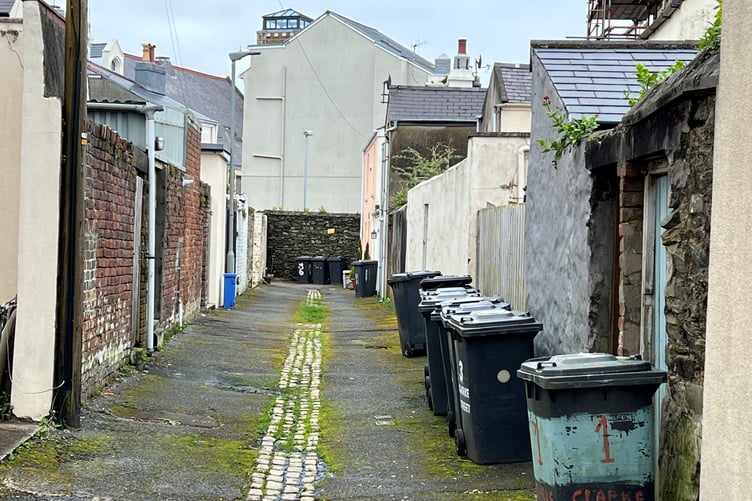This is a lower level than the UK, where 17% of households in the UK fall into this category, increasing to 21% when housing costs are taken into account.
But notably, 25% of people living in private rented accommodation in the island fall below the poverty threshold.
Relative poverty is where people are poor in comparison with others in a jurisdiction and their income is not enough to enjoy the average standard of living. The threshold is normally defined at 60% of median income.
The household income and expenditure survey was carried out between April 2023 and March last year.
Its results are set out in the Council of Ministers’ annual report on poverty measures which will be laid before this month’s Tynwald sitting.
The report notes that poverty remains a complex issue in the island.
Despite economic recovery in some areas, it says, the rising cost of living, inflationary pressures and housing challenges have combined to ‘deepen insecurity for many households’.
‘The proportion of people living below relative low-income thresholds, including children and working-age adults, remains notable,’ it adds.
The report sets out the measures that are being taken to tackle poverty including increases to key benefits and the minimum wage.
Data from the survey suggests household income in the Isle of Man has increased by 10.8% since 2018-19, and the median level of disposable household income is higher by approximately £17 a week than in the UK.
Income inequality is ranked as ‘moderate’ and is typical for Western and Northern Europe, the report states.
Treasury Minister and chair of the Council of Ministers’ Health, Learning and Social Policy Board, Dr Alex Allinson, said: ‘This government is committed to improving the lives of all our island’s residents and ensuring that every person in our community has the security, opportunity, and dignity they deserve.
‘The measures taken, as outlined in this report, reflect our dedication to addressing poverty and its underlying causes, and we will continue to work to deliver meaningful change.’
Measures highlighted in the report include the Energy Efficiency Scheme which has seen 3,974 homes - 11% of total homes - benefiting from energy improvements such as Smart heating controls, thermostatic radiator valves and insulation for lofts, water pipework and water tanks.
The minimum wage increased from April this year to £12.25, a 48% increase over the course of the current administration. A review is under way to achieve parity with the Living Wage by July next year.
Meanwhile, the Childcare Credit Scheme has supported 1,367 children in the 2024-25 academic year.

-and-Mike-Read-(right)-of-Team-Cheerfulness.jpeg?width=209&height=140&crop=209:145,smart&quality=75)


-receiving-the-keys-from-Kelproperties-representative-William-Smith-and-Vanes.jpeg?width=209&height=140&crop=209:145,smart&quality=75)